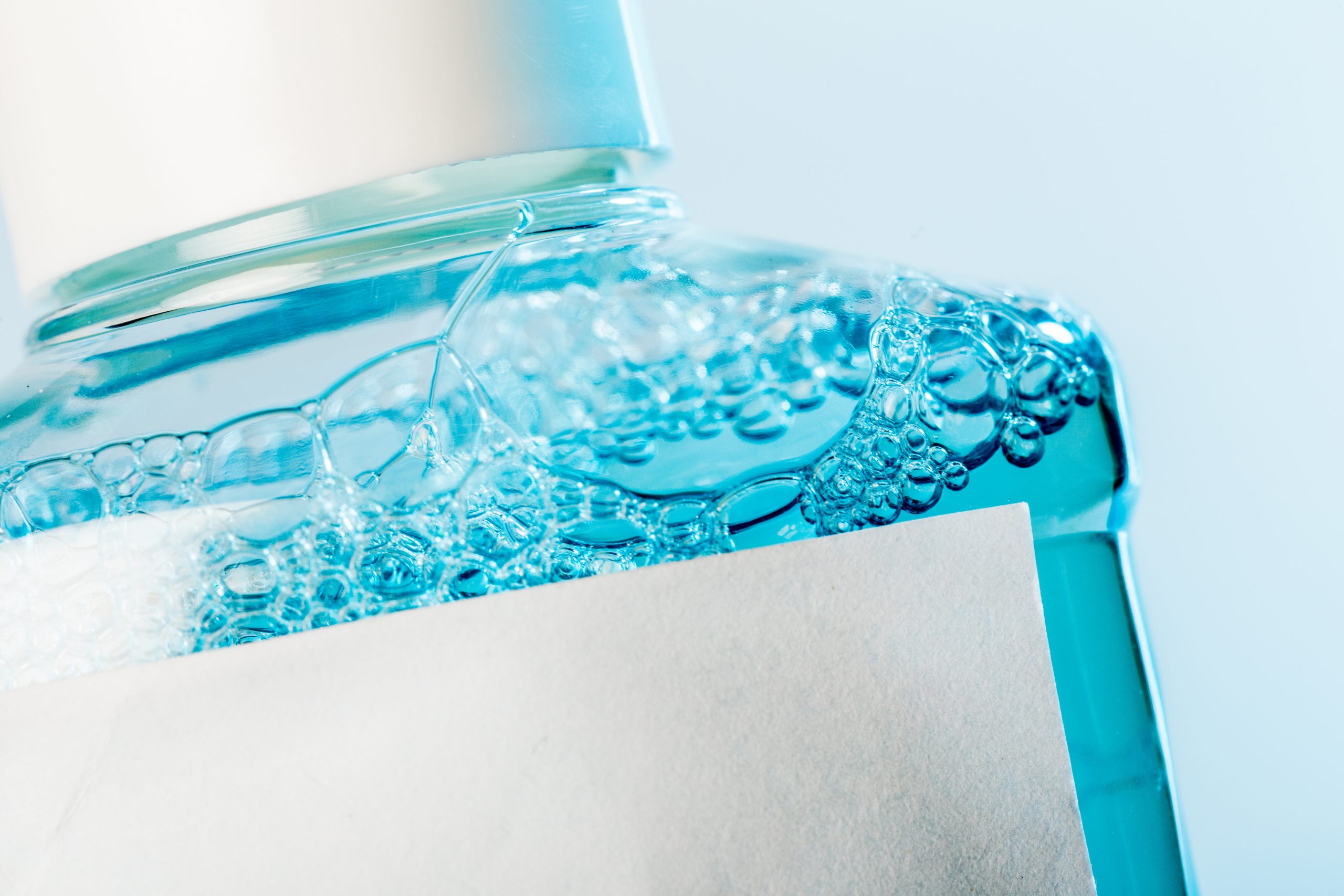
How Effective is Mouthwash and What are the Benefits?
Do you use mouthwash as a part of your oral hygiene routine? Should you be using a good mouthwash? There’s been some debate as to whether mouthwash is really effective. If you’re trying to decide if you should add mouthwash to your oral hygiene routine, here’s a closer look at the types of mouthwash, dental issues mouthwash may address, and what the studies say about its effectiveness.
Two Types of Effective Mouthwash
According to the American Dental Association, there are two broad types of mouthwash: therapeutic and cosmetic. Therapeutic options use active ingredients to reduce and control oral health problems like tooth decay, plaque, bad breath, and gingivitis. Some are available over-the-counter, while others may require a prescription, depending on their formulation. On the other hand, cosmetic options may have a great taste and control bad breath temporarily, but they don’t have any biological or chemical applications beyond offering a temporary benefit.
Some of the effective ingredients often used in therapeutic mouthwashes can include:
- Fluoride – Fluoride is added to help prevent problems with tooth decay.
- Cetylpyridinium chloride – This ingredient helps to reduce problems with bad breath.
- Peroxide – Often used in whitening mouthwashes.
- Essential oils – Essential oils may be added to help control gingivitis and plaque.
- Chlorhexidine – This ingredient is also used for its ability to help prevent gingivitis and plaque, although it is only used in mouthwashes available by prescription.
Dental Issues Addressed by Mouthwash
Take a look in the oral care aisle and you’ll find that many different types of mouthwash are available, and even more may be available by prescription. Different types of mouthwash are designed to address various dental health issues. Here’s a look at some of the oral health conditions that mouthwashes are made to address.
- Bad Breath – Bad breath can be caused by various sources, such as dental plaque, oral bacteria, and the breakdown of food. Mouthwashes that contain therapeutic ingredients like antimicrobials can be effective at controlling bad breath.
- Tooth Decay – Fluoride can help to promote remineralization of teeth, and using it regularly may help to prevent tooth decay.
- Gingivitis and Plaque – Certain antimicrobial mouthwash ingredients may help reduce gingivitis and plaque, although it’s still important to combine these mouthwashes with daily flossing and brushing for the best results.
- Dry Mouth – Dry mouth can be a problem that increases the risk of tooth decay and other dental problems. Alcohol may be drying, so a mouthwash that doesn’t contain alcohol may provide the best results. Some mouthwashes are specifically designed to help treat dry mouth and relieve symptoms.
The Effectiveness of Mouthwash – What the Health Studies Say
So how effective are mouthwashes for treating various oral health issues? Various studies show that using a mouthwash can be very effective. One study done on a type of antiseptic mouthwash found that the antimicrobial action of the mouthwash was as good as flossing when it came to reducing plaque and improving gingival health, particularly in the areas of the mouth that are difficult to reach. The study backed up the idea that adding a good antiseptic mouthwash to your daily oral health routine can be helpful, especially for patients who aren’t flossing or brushing properly. This doesn’t mean that you should replace your flossing with a mouthwash, but it does show how effective using an antiseptic mouthwash can be.
Another study looked at the effectiveness of mouthwashes that use fluoride. Fluoride has long been known to help increase remineralization and slow the breakdown of tooth enamel. However, a recent review looking at the effectiveness of a fluoride mouthwash found that in subjects who already had fillings, decayed teeth, or missing teeth, there was a significant reduction in tooth decay. Although there’s definitely a lot more room for research on these types of mouthwashes, the review looks promising and demonstrates how beneficial a fluorinated mouthwash can be.
Talk to Your Dentist
Since you have so many mouthwash options, it’s always a good idea to talk to your Florida dentist about the type of mouthwash you should use. Some oral health problems are best addressed with a prescription mouthwash, while other patients may do fine with an over-the-counter mouthwash. If you’re not sure whether you can benefit from mouthwash, ask your dentist if it’s time to add a quality mouthwash to your oral health care routine.

